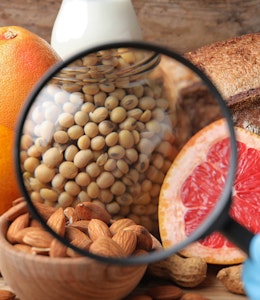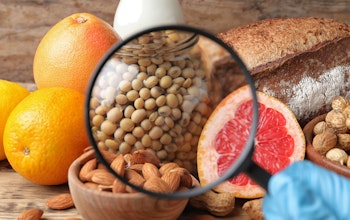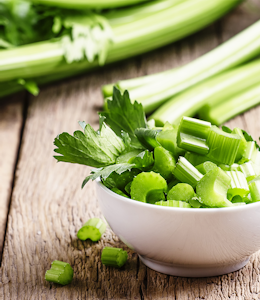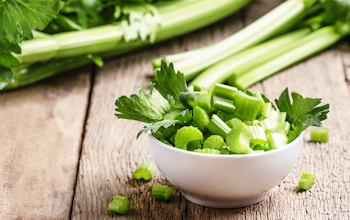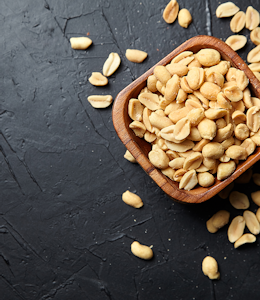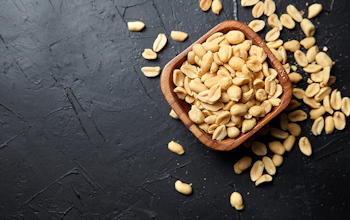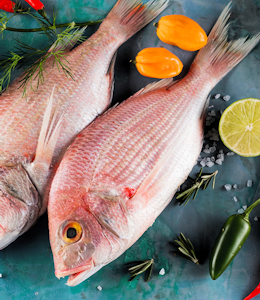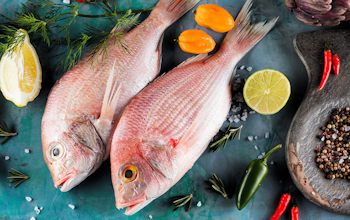Mustard Allergy: Deep Dive
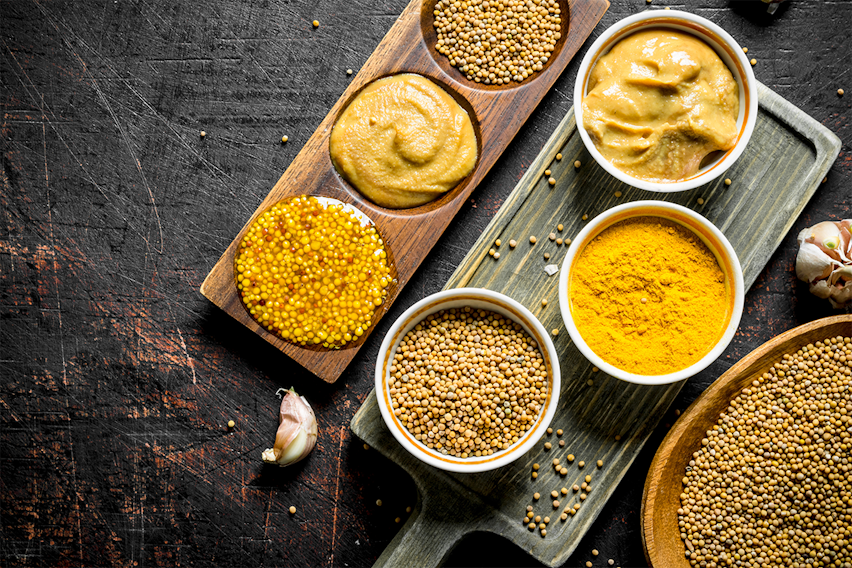
An allergy to Mustard is not often talked about, but as one of the nation’s favourite condiments, as well as one of a chef’s secret weapons when it comes to flavour, it’s one of the hardest of the 14 major food allergens to avoid.
So, what foods should those with a Mustard allergy be looking out for, and what are the substitutes that can be used for Mustard when cooking? We have all the answers right here...
What is Mustard?
Mustard is a food derived from the seeds of a mustard plant, which is in the botanical Brassicaceae family. Whilst in some cases the plant’s leaves can be eaten, it is normally the seeds that are used for food. Mustard seeds can be left whole, ground or cracked and used as a spice, or combined with other ingredients such as salt, vinegar and water to make the popular yellow or brown coloured condiment also known as Mustard.
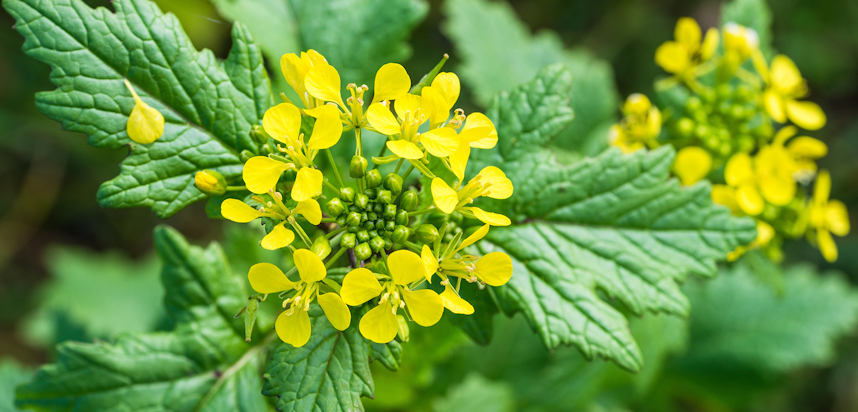
Can you be allergic to Mustard?
Yes, you can be allergic to Mustard. Those with a Mustard allergy are allergic to Mustard in all its forms - powder, liquid and seeds.
Mustard is a food not usually eaten in large quantities, so it might be difficult to identify a mild Mustard allergy, as symptoms may not be noticeable.
Some people with a Mustard allergy will also be allergic to foods derived from other members of the Brassicacae family, such as cabbage, turnip, cauliflower, broccoli and brussel sprouts.
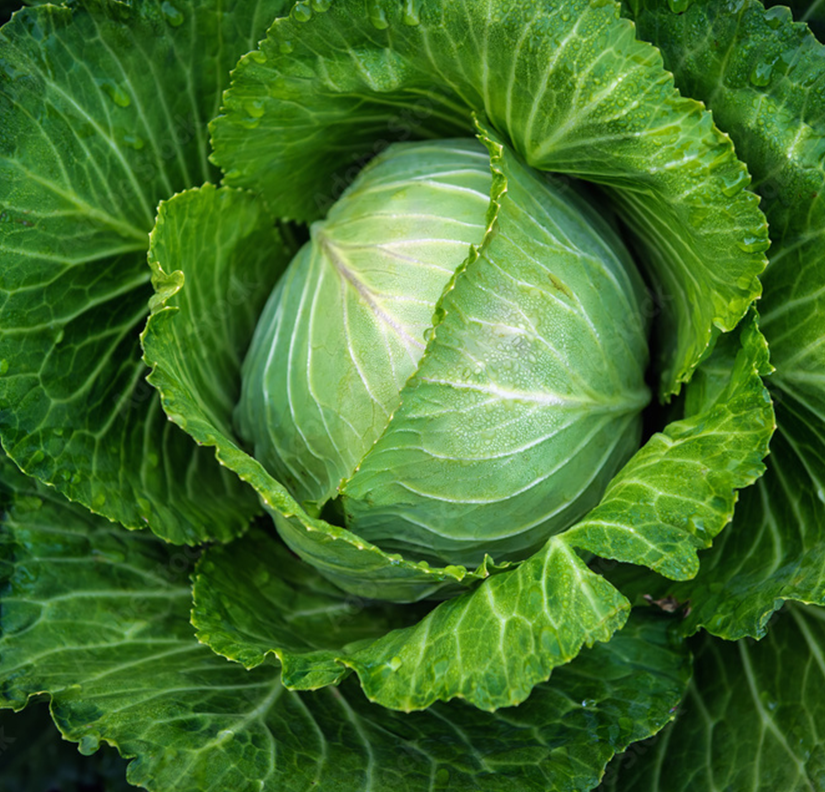
What is a Mustard allergy?
An allergy occurs when a person’s body misidentifies a harmless substance as being dangerous, and triggers a reaction from the immune system. These reactions can vary, and include anything from uncomfortable itching to life-threatening anaphylaxis.
In a Mustard allergy, the body misidentifies some of the proteins in Mustard as harmful, and because these proteins are heat-resistant, it does not matter whether the mustard has been cooked or processed, the reaction will still occur.
Some people with a Mustard allergy also have a pollen allergy, and there is also a (relatively uncommon in the UK) condition called Mugwort-mustard allergy syndrome, which occurs in some who have an allergy to certain members of the Brassicacae family (such as white mustard) and hayfever, and consequently may suffer allergy symptoms when exposed to the weed mugwort, which is used in various teas and herbal medicines.
Can you have an intolerance to Mustard?
It is possible to have a Mustard intolerance. An intolerance to a food or drink is different to an allergy because it does not affect the immune system. It prompts a negative reaction from other areas of the body - very often the digestive system.
A Mustard intolerance may result in a person experiencing digestive problems if they consume a food containing Mustard, or causing them to sneeze.
It’s important to understand that allergies and intolerances can share symptoms but only an allergy can trigger anaphylaxis, so getting the correct diagnosis and medication is critical.
What food and drinks do you find Mustard in?
Many different global cuisines used Mustard as a flavour agent in their cooking - especially in sauces.
These include:
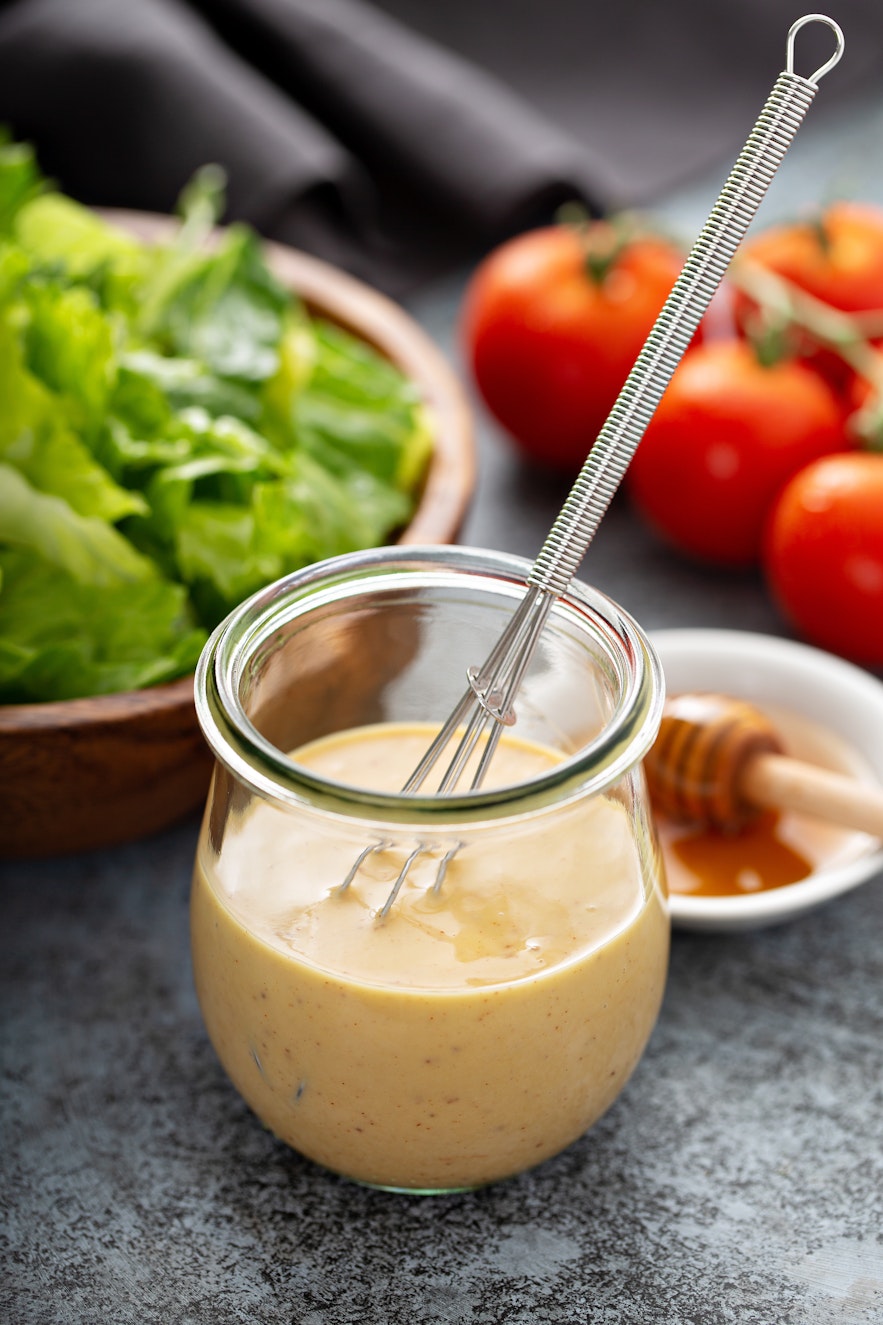
- Chinese
- Japanese
- Indian
- French
- Middle Eastern
- Eastern European
Mustard can also commonly be found in the following foods:
- Chutney
- Dehydrated soup
- Gravy
- Ketchup
- Marinades
- Mayonnaise
- Pesto
- Piccalilli
- Pickled products
- Salad dressings
- Sauces (barbecue, curry, béarnais)
- Sausages
- Seasoning mix
What surprising foods contain Mustard?
Because mustard is not often a named ingredient, and is used to add flavour, there are hundreds of food products that may unexpectedly contain it.
These include:
- Sauces
- Marinades
- Gravies
- Salad dressings
- Spice mixes
- Hamburger patties
- Salad cream
- Soups
- Fish paste
- Processed meats
- Pickles
- Pizza
What’s another name for Mustard?
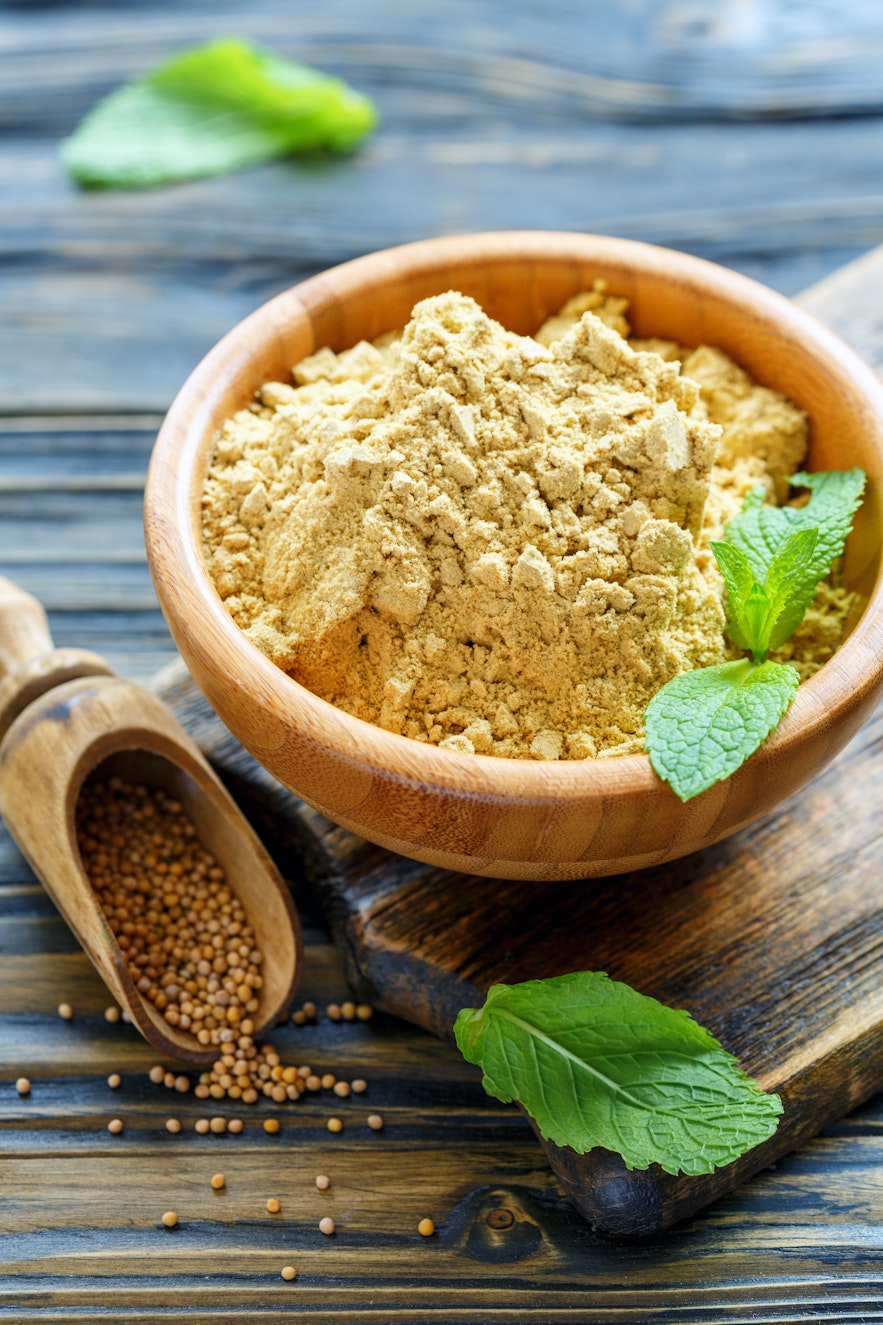
Mustard is usually named on a label in the form of mustard seed (or other part of the plant) that was used.
Mustard can also refer to the condiment known as “Mustard”, which is a combination of ground mustard seeds and ingredients such as vinegar, water, lemon juice and salt.
You might see Mustard as the one of the following on a label:
- Mustard powder
- Mustard seeds
- Mustard flour
- Mustard leaves
- Mustard oil
- Sprouted mustard seeds
- Dijon (a French type of Mustard)
What are the symptoms of a Mustard allergy?
Mustard allergy symptoms usually appear within an hour of eating or coming into contact with the allergen.
These symptoms include:
- Red, itchy rash (either raised or not raised)
- Dizziness
- Vomiting and nausea
- Mouth itching or tingling
- Hives
- Shortness of breath and/or wheezing
- Sneezing
- Diarrhoea
- Face, mouth and/or throat swelling
- Abdominal pain
- Difficulty swallowing
- Wheezing
An allergic reaction may also result in anaphylaxis.
Anaphylaxis can be fatal, and the symptoms include:
- Difficulty breathing
- Faintness and dizziness
- Swollen tongue and issues with speaking or swallowing
- Tight chest
- Collapsing and losing consciousness
You may also be interested in…


You may also be interested in…
What to do if your Customer has an Allergic Reaction: Full Guide
ReadIf a person experiences anaphylaxis an ambulance must be called.
How do you treat a Mustard allergy?
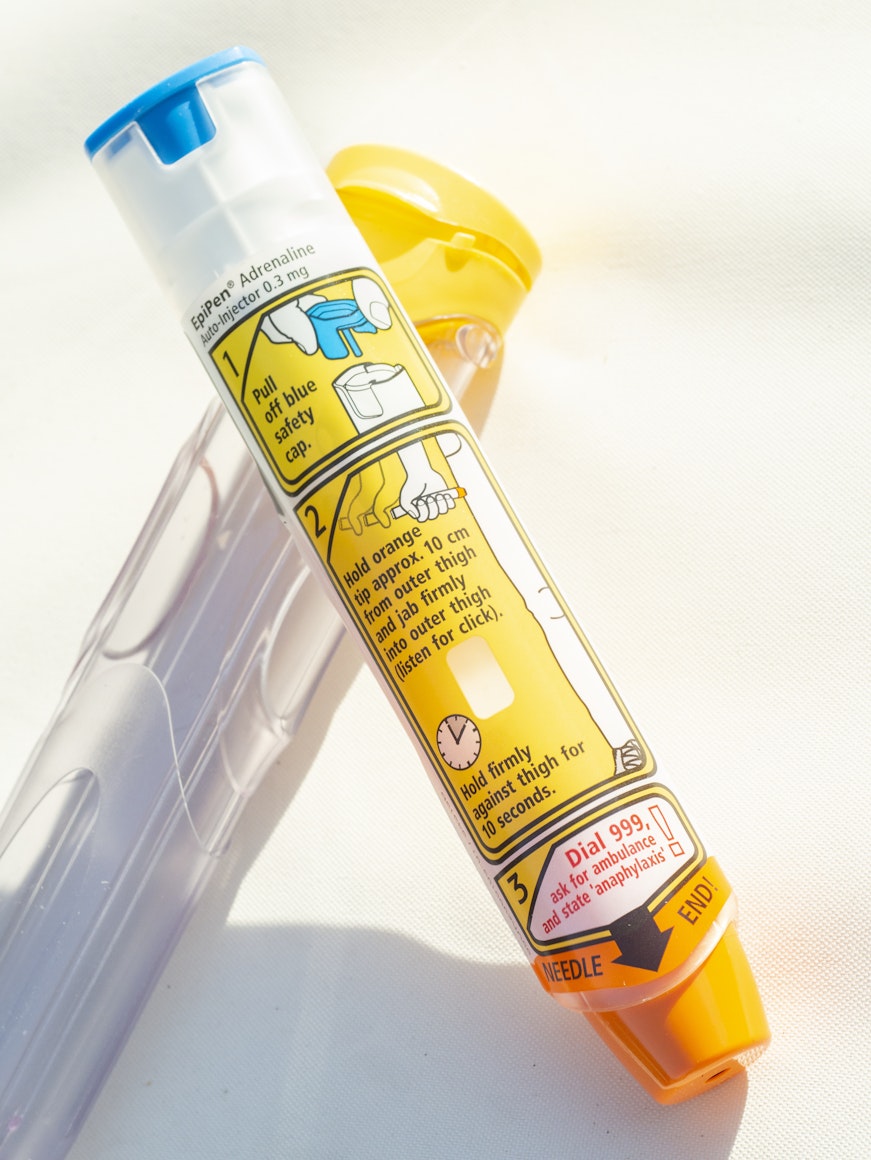
A Mustard allergy is best treated by checking ingredients and avoiding foods and drinks that contain Mustard.
If a mild reaction is suffered, antihistamines may help.
If an anaphylactic reaction occurs an AAI should be administered and 999 called.
How can I avoid Mustard?
Avoiding Mustard can be difficult, as it is a hidden ingredient in many foods.
Those with a Mustard allergy should check labels very carefully for its presence, and let any wait or hospitality staff know about their allergy before ordering food.
What’s a Mustard alternative?
Since Mustard is most commonly used to add flavour as one of several or even many ingredients in a recipe, it might be easier just to forgo it altogether.
However there are some reasonable alternatives. These include:
- Horseradish (or wasabi) - These have a similar heat and spice to Dijon and English Mustard.
- Caraway seeds - Mustard and carraway seeds have a certain likeness in flavour.
- Turmeric - Though unlike Mustard in flavour, turmeric has the same yellow colour and a gentle spice.
- Mayonnaise - This is only when Mustard has been used as an emulsifier or thickener in a recipe.
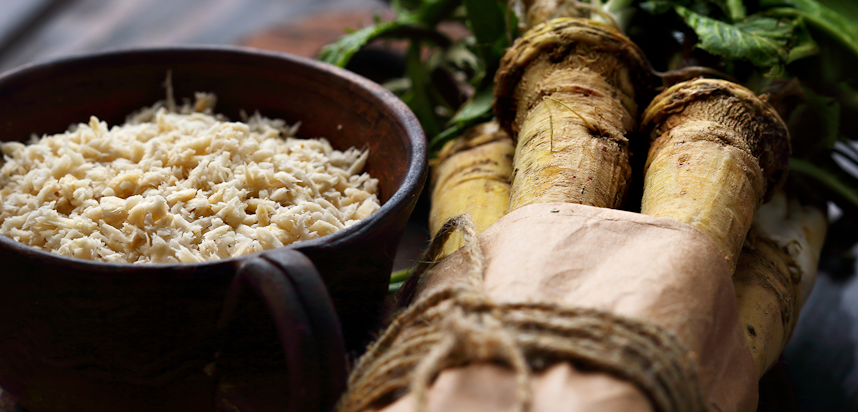
Is Mustard one of the 14 major food allergens?
Mustard is one of the 14 major food allergens. This means that pre-packed food sold in the UK, and the rest of the European Union, must clearly indicate on the label if it contains Mustard.
The other major food allergens are
